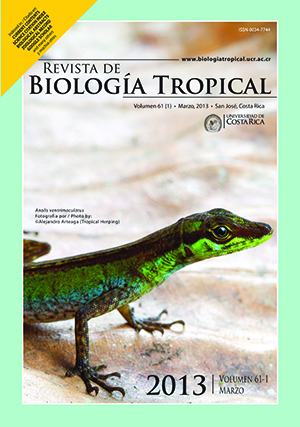Abstract
The high number of endemisms and species diversity together with the accelerated biodiversity loss by deforestation, especially in North Western Argentina, points out the need to work on species conservation combining ex situ and in situ strategies. The aim of this work was to study the desiccation tolerance in seeds of P. ferox and P. nitens for long term ex situ conservation at the Germplasm Bank of Native Species (BGEN) of the National University of Salta (Argentina). The fruits were collected from ten individuals in P. ferox at the National Park Los Cardones and from two sites (Orán and Rivadavia) for P. nitens. Desiccation tolerance was assessed following previous established methodologies. The moisture content (MC) of the seeds was determined by keeping them in oven at 103°C and weighting the samples at different intervals till constant weight. Germination essays were carried out with two treatments (control and scarification), with different seed MC (fresh, 10-12%, 3-5%) and in desiccated seeds (3-5% MC) stored six months at -20ºC. The MC in P. ferox seeds was 14.2% and 10% in P. nitens, for both populations studied. Percentage germination in P. ferox was higher in the scarification treatments (<82%). The difference between treatments increased with the reduction in MC and the storage for six months at -20°C. Fresh seeds of P. nitens do not need scarification treatment, but it is required with the reduction in MC and storage. Mean germination percentage of desiccated seeds stored six months at -20°C was similar in both populations and greater than 82%.We concluded that both species are probably orthodox because seeds tolerated desiccation to 3-5% and storage for six months at -20°C.##plugins.facebook.comentarios##
Downloads
Download data is not yet available.






